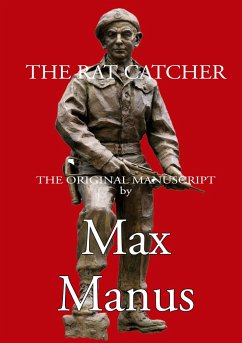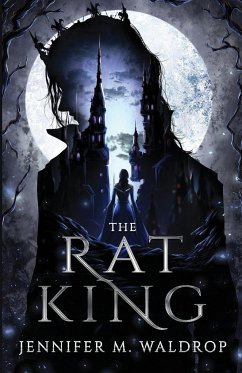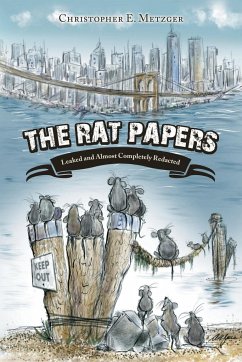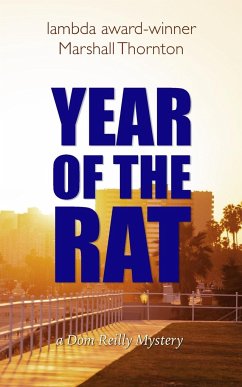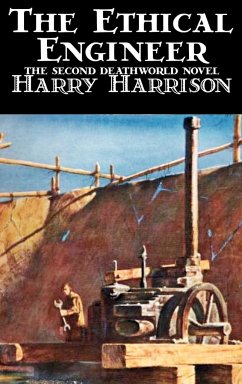
The Rat Catcher
- the Norwegian resistance fighters

PAYBACK Punkte
6 °P sammeln!
Rat Catcher was the name given to the Norwegian resistance fighters who carried out the dirtiest jobs during the second world war. They exterminated or, liquidated, informers, torturers and other Norwegians who worked for the Germans. The post-war period of war history is fascinating yet has been mostly concealed. In this short novel written in 1948 by my stepfather Max Manus, a well-known resistance fighter, it tells a story of the Rat Catchers. At the centre is Max's alter ego Freddy and a group of veterans. They try to find love and their place in society but drown out the bad memories from...
Rat Catcher was the name given to the Norwegian resistance fighters who carried out the dirtiest jobs during the second world war. They exterminated or, liquidated, informers, torturers and other Norwegians who worked for the Germans. The post-war period of war history is fascinating yet has been mostly concealed. In this short novel written in 1948 by my stepfather Max Manus, a well-known resistance fighter, it tells a story of the Rat Catchers. At the centre is Max's alter ego Freddy and a group of veterans. They try to find love and their place in society but drown out the bad memories from the days of war in different ways. We actually know quite a lot about my stepfather Max Manus - as early as 1945 he published Det vil helst gå godt, followed by Det blir alvor in 1946, and in 1995 Mitt liv (My Life) was published. In addition, the book Tikken, which is about my mother, was published in 2009. Max's war books were a success. He himself claimed that only the Bible sold more in the post-war years! People were keen to know what kind of life the boys really lived during the war. In 2008 the film Max Manus became a blockbuster and the most watched movie in Norway. It was directed by Joachim and Espen Sandberg (Pirates of Caribbean, Maleficent: Mistress of Evil, Kon-Tiki, Bandidas). It shows authentically, as my mother confirmed, what the atmosphere was like during the war, and what role Max had played. The story told in The Rat Catcher (Rottejegeren in Norwegian) is from the years immediately after the war, and we assume that Max wrote it in 1948. After all he felt he had proven to himself and the world that he could write. His joint company Clausen & Manus did not demand too much from him so in 1953 he started his own company, Max Manus Kontormaskiner (supplier of office machines).





